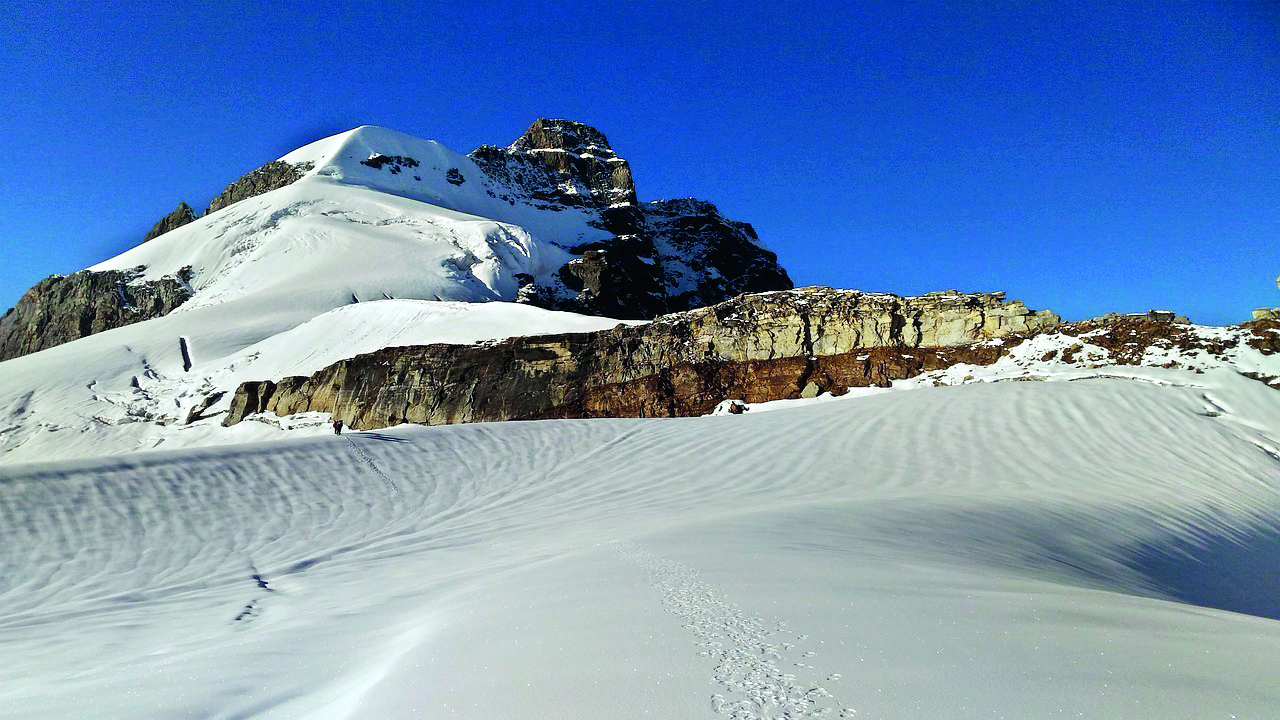Black carbon accelerated melting of snow and ice in critical regions, says new report

DUBAI: Black carbon accelerated the melting of snow and ice in critical regions such as the Himalayas, the Arctic and the Andes and disrupted monsoon patterns in India and West Africa while exacerbating the effects of hazardous heatwaves, said a new report launched here on Friday.
Black carbon is a fine particulate matter (PM 2.5) component of the polluted air, a leading cause of poor health and premature deaths.
Titled The Case for Action on Black Carbon’, the report underscored the urgency of reducing black carbon alongside deep decarbonization efforts to mitigate climate tipping points, enhance resilience, and ensure clean air.
The report highlighted a significant gap between the increasing evidence of black carbon’s regional climate impacts and its notable absence from global climate strategies.
Launched at a side event at the UN climate summit, the COP28, the comprehensive report emphasises the critical need for countries to address black carbon emissions.
The report is prepared by Clean Air Fund, a charity think tank Centre for Study of Science, Technology and Policy (CSTEP), Berkeley Air Monitoring Group, an independent health and climate monitoring organisation, and consultancy firm Orbis Air.
Among the crucial climate impacts outlined in the report is how black carbon accelerates the melting of snow and ice in critical regions such as the Arctic, the Himalayas, and the Andes.
“Black carbon also disrupts monsoon patterns in West Africa and India while exacerbating the effects of hazardous heat waves,” it said.
The report stresses that reducing black carbon emissions is not only vital for climate mitigation but also essential for climate adaptation, playing a key role in building resilience and mitigating risks associated with extreme rainfall events.
The Case for Action on Black Carbon’ consolidates the latest scientific findings on black carbon, a sooty material resulting from incomplete combustion of fossil fuels, biomass, and waste.
Beyond its climate implications, it also sheds light on the myriad health impacts of black carbon, particularly affecting marginalised and indigenous communities.



